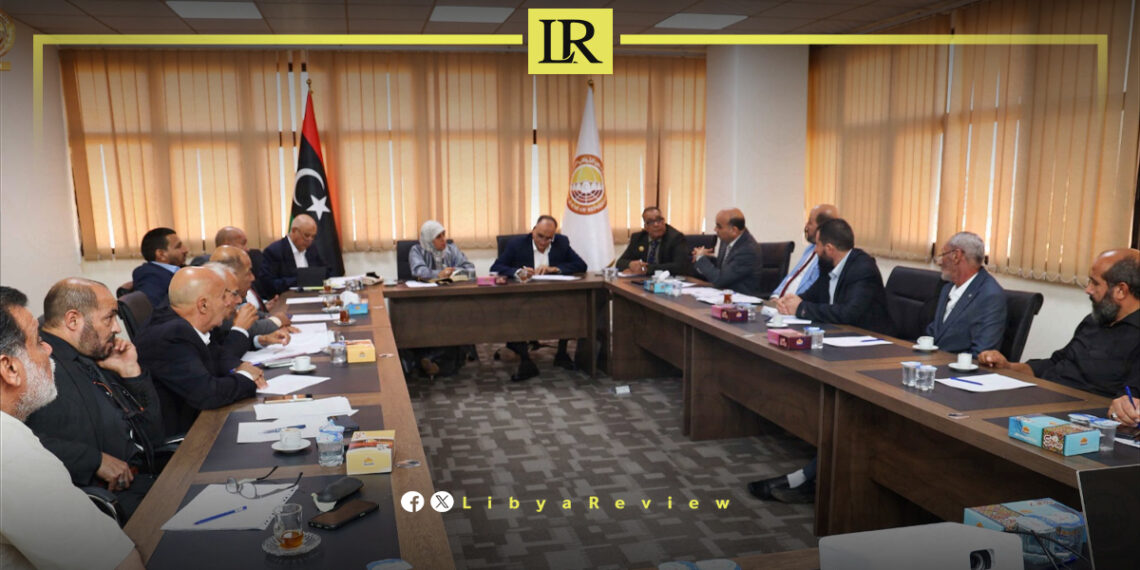The House of Representatives in Benghazi hosted an expanded meeting on Tuesday to address the pressing challenges confronting Libya’s private education sector.
The session was chaired by Dr. Ezzeddin Aburawi, head of the Parliament’s Education Affairs Committee, alongside Deputy Chair Dr. Sultanah Al-Mesmari, and committee members Dr. Ali Al-Soul and Mohamed Al-Waer. Libya’s Minister of Education in the Government-designate, Engineer Juma Khalifa Al-Jadeed, also attended, along with the Department of Private Education at the ministry and education supervisors from municipalities spanning from Sirte to Tobruk.
During the discussions, participants underscored that private education is an essential partner in the country’s overall educational process, stressing the need for greater support and improvements to the quality of private institutions.
The meeting also explored ways to strengthen the role of the Department of Private Education and municipal private education offices, while highlighting the importance of revising legislation and regulations governing the sector to better meet current needs.
This move reflects growing national attention on enhancing Libya’s education system as part of broader reforms, amid rising demand for private schooling options in urban centers.
Libya has been in chaos since a NATO-backed uprising toppled longtime leader Muammar Gaddafi in 2011. The county has for years been split between rival administrations.
Libya’s economy, heavily reliant on oil, has suffered due to the ongoing conflict. The instability has led to fluctuations in oil production and prices, impacting the global oil market and Libya’s economy.
The conflict has led to a significant humanitarian crisis in Libya, with thousands of people killed, and many more displaced. Migrants and refugees using Libya as a transit point to Europe have also faced dire conditions.
The planned elections for December 2021 were delayed due to disagreements over election laws and the eligibility of certain candidates. This delay has raised concerns about the feasibility of a peaceful political transition.
Despite the ceasefire, security remains a significant concern with sporadic fighting and the presence of mercenaries and foreign fighters. The unification of the military and the removal of foreign forces are crucial challenges.


